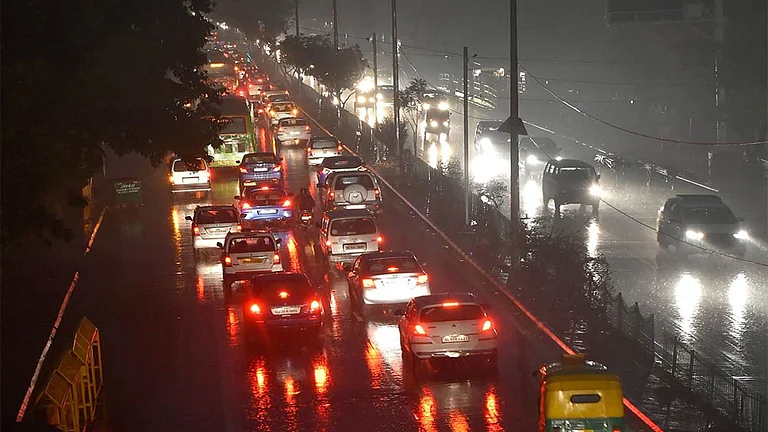
The Congress alleged that the government’s yellow pea import policy has benefited the Adani Group while causing significant losses for domestic farmers.
Duty-free imports, initially temporary from December 2023, have been repeatedly extended, most recently until March 2026, despite concerns from the Ministry of Agriculture.
Cheap imported yellow peas, sold at Rs 35/kg compared to Rs 85/kg for local pulses, have depressed domestic prices, discouraging cultivation and threatening the sustainability of India’s pulse production.
The Congress on Tuesday alleged that the government’s import policy for yellow peas has “reaped substantial profits” for the Adani Group, while farmers have incurred “huge losses.”
Congress general secretary Jairam Ramesh said the policy demonstrates how the “so-called ‘Atmanirbhar Bharat’ has been reduced to ‘Modani-nirbhar Bharat.’” He noted that between 2014 and 2025, India imported over 67 lakh tonnes of pulses, including around 30 lakh tonnes of yellow peas, which serve as a substitute for domestic pulses.
The Wire reported that the government has allowed unrestricted imports of yellow peas, a move that has adversely affected local farmers. Despite initial assurances that the duty-free import policy would be temporary, it has been extended multiple times since December 2023. The most recent extension, announced in May 2025, permits duty-free imports until March 2026.
Farmers say the influx of cheap imported yellow peas, priced at around Rs 35 per kilogram, has caused domestic pulses such as arhar, chana, and moong, sold at Rs 85 per kilogram, to become less competitive. The resulting price disparity has discouraged local cultivation, raising concerns about the sustainability of domestic pulse production and the long-term impact on farmer livelihoods.


























